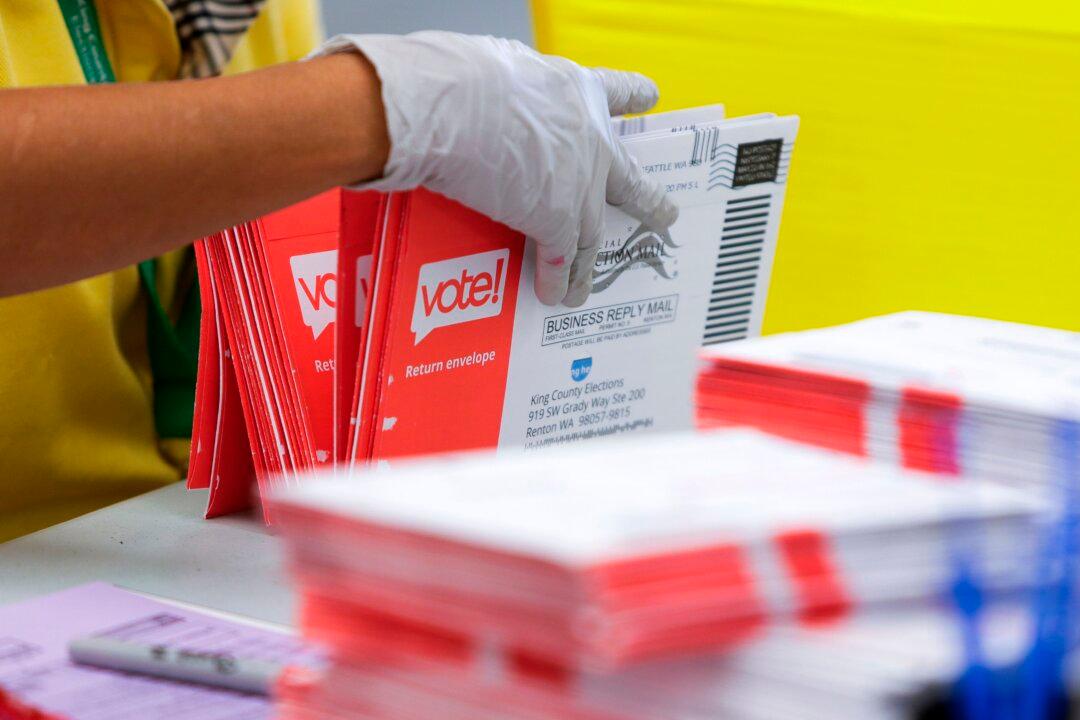A state court blocked voting by mail in Delaware on Sept. 14 after ruling that the state’s mail-in voting practices violate the Delaware Constitution.
Barring further judicial or legislative action, the ruling means mail-in voting will not be available in the upcoming general elections in Delaware on Nov. 8.





